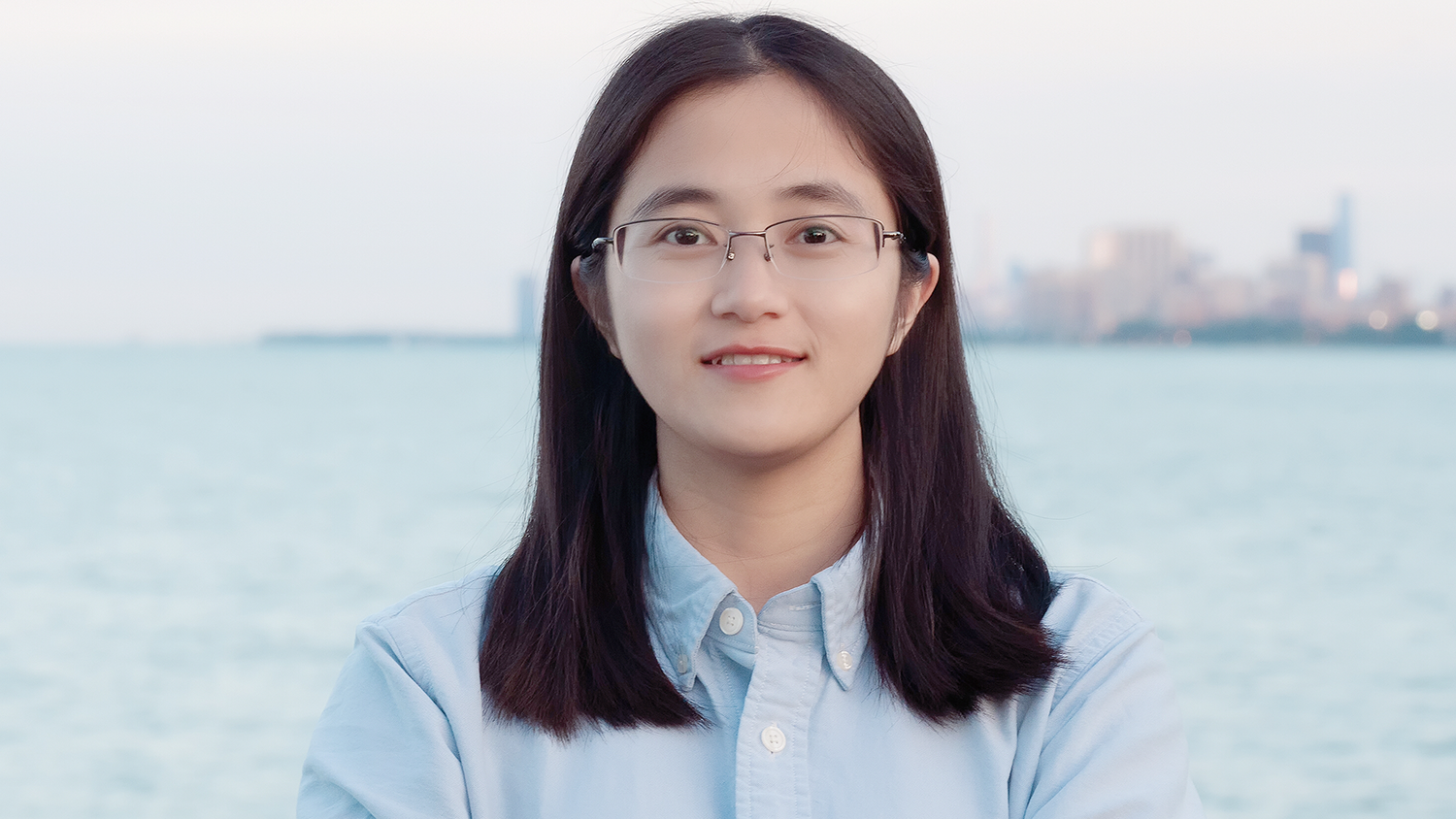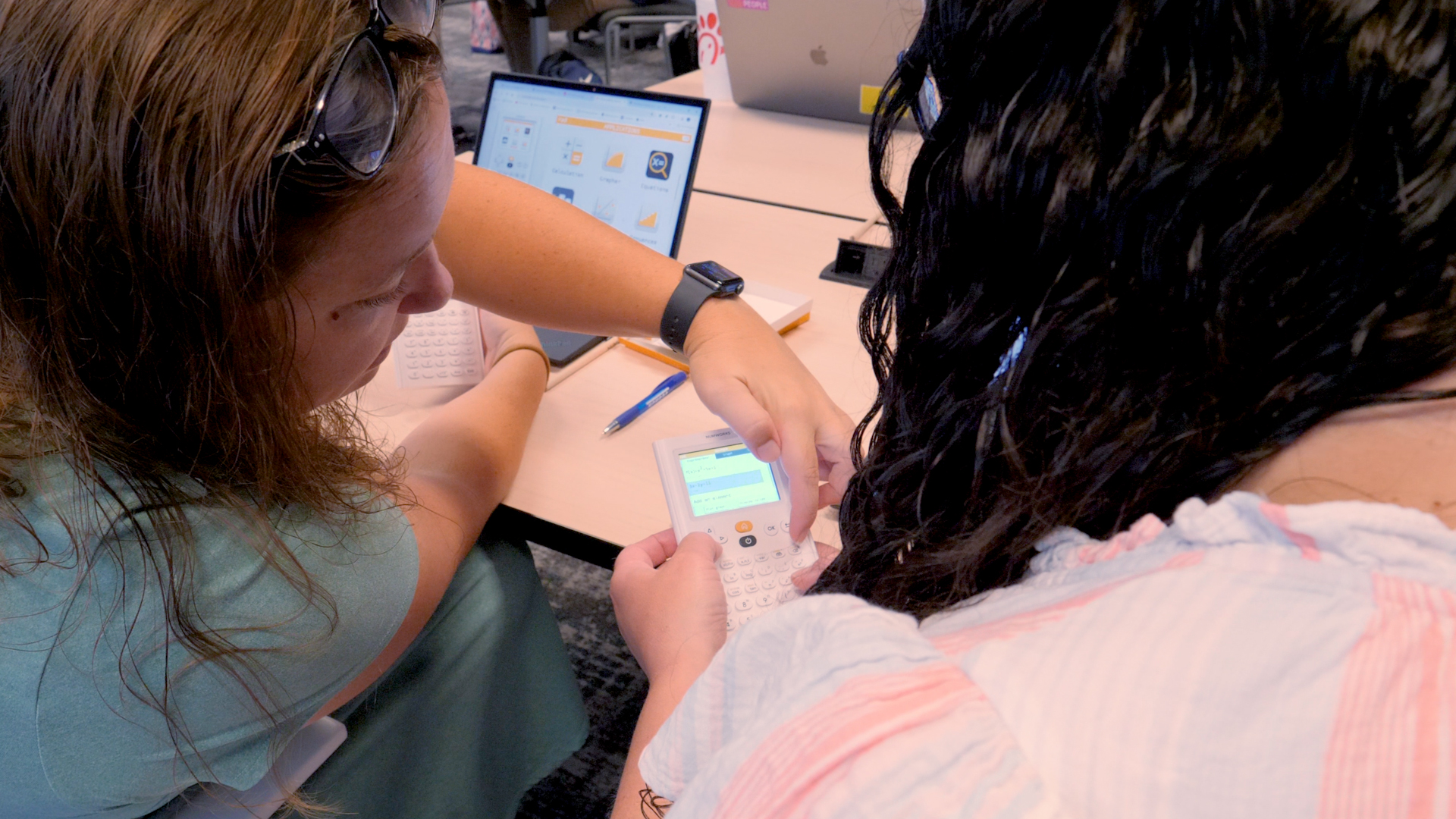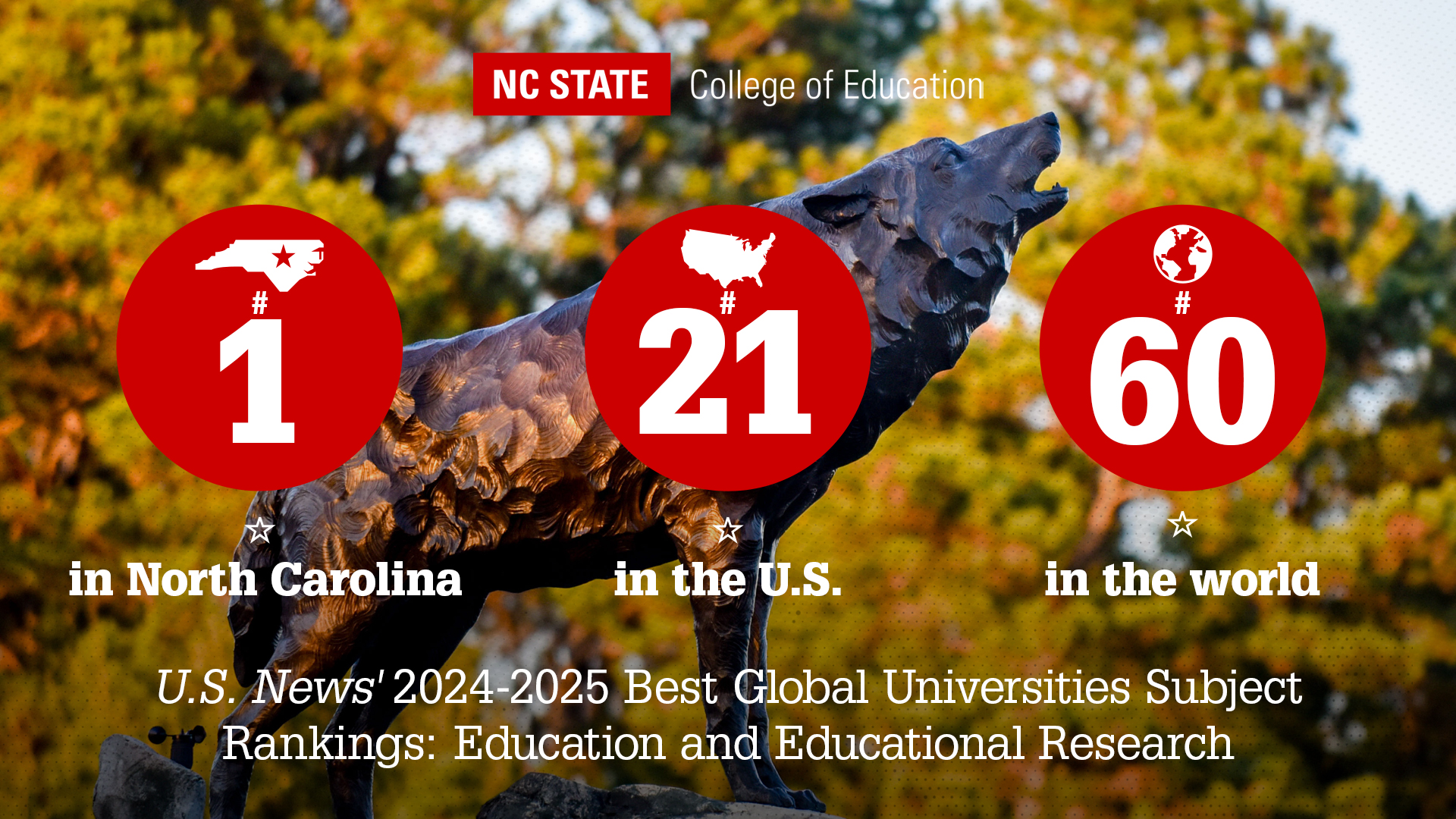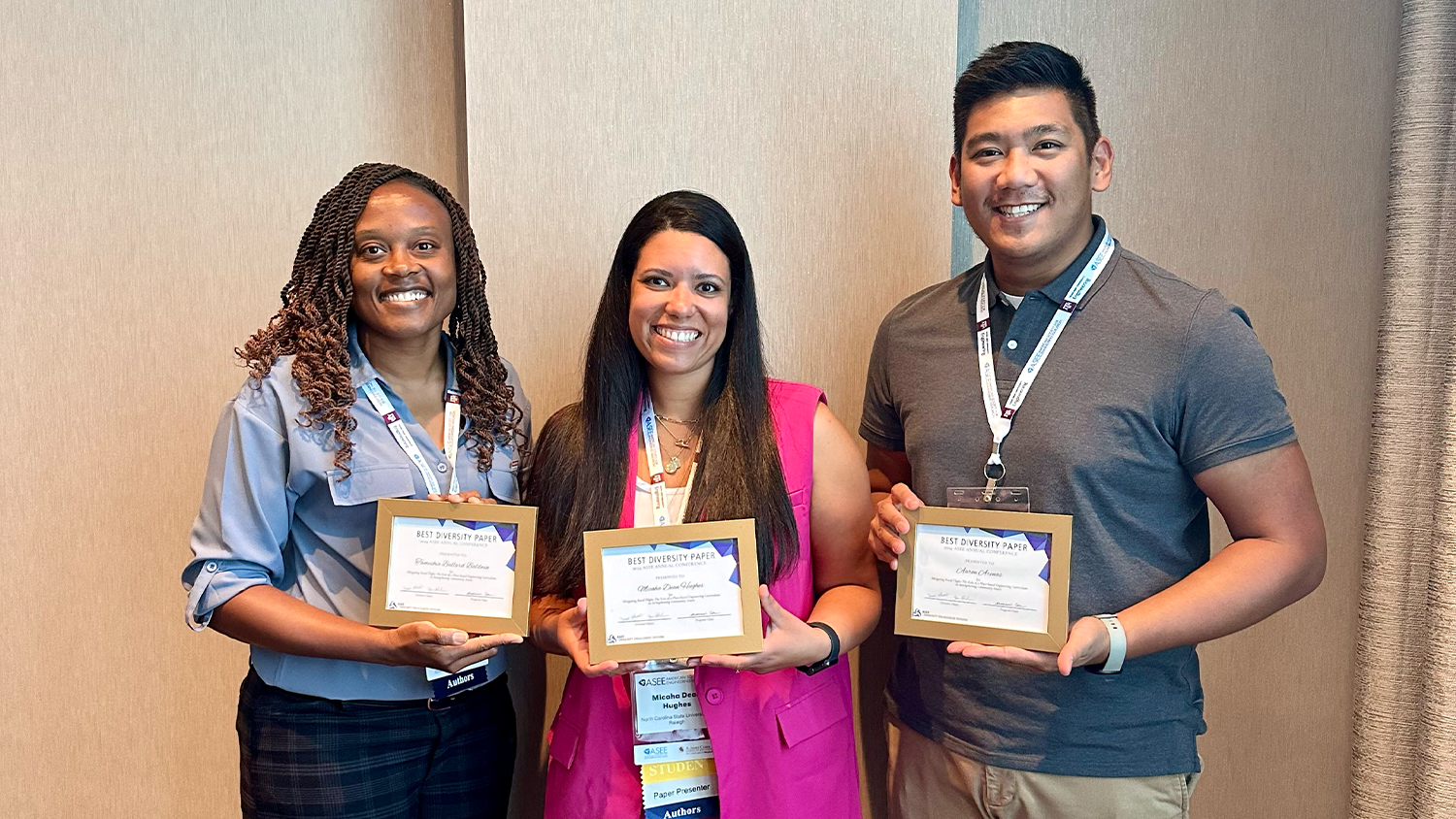Assistant Professor Shiyan Jiang Helps High School Students Understand Artificial Intelligence Through Work on Grant-funded Project

Artificial intelligence (AI) technology is rapidly changing the workforce and Shiyan Jiang, Ph.D., assistant professor of learning design and technology at the NC State College of Education, is helping high school students explore and understand the technology through her work on a new grant-funded project.
Jiang will serve as the co-principal investigator on the three-year, $310,581 “Narrative Modeling with StoryQ: Integrating Mathematics, Language Arts, and Computing to Create Pathways to Artificial Intelligence Careers” project, which is funded by the National Science Foundation and led by the Concord Consortium.
“High school is a very important time for students to develop career interests in STEM and information and communication technology (ICT) fields. We want to seize this important stage to plant a seed in their mind about what AI is, how AI will impact the world that we live in and also what kind of career choices they can make,” Jiang said.
Jiang will work with a multidisciplinary team to develop StoryQ, a web-based text mining and narrative modeling platform, which will be designed in collaboration with the cohort teachers who will then utilize the platform in their classrooms. The project, which will be implemented at West Johnston High School, will cross disciplines, integrating language arts, mathematics and computer science educators.
StoryQ will consist of a 12-lesson curriculum that will teach students about artificial intelligence by using the technology to classify stories that they have written.
Students will begin using an AI model developed by the project team to classify elements of their texts, such as whether or not a character is a hero or villain, and then make educated guesses as to why the AI made those classifications. As the lessons progress, students will learn the process of how the model makes decisions based on text evidence and will ultimately rewrite their stories to change the predictions made by the AI model. This will help students develop an understanding about how human judgment or interpretation can influence artificial intelligence to make different decisions.
Jiang said that the blend of technology and writing will help students not only understand how artificial intelligence works, but become stronger writers as they pay attention to the ways in which their choice of sentence structure and vocabulary can change the AI model’s interpretation of the text.
“We want to highlight that humans play a very important role in developing AI technology,” Jiang said. “In the process, we expect there will be a lot of rich discussions around vocabulary, the habits of characters and cultural awareness in the writings.”
Jiang said that it’s important to give students an opportunity to bring their personal knowledge and culture into the writings that will be analyzed by the AI model. Having ownership of the text will allow the students to conduct better analysis of the ways artificial intelligence correctly and incorrectly classifies information from their stories. In addition, the use of personal writings allow the students to develop a close STEM identity by establishing a connection between themselves and the work they create through StoryQ.
The project will specifically target students who have been historically underrepresented in STEM, which Jiang hopes will ultimately bring more diversity into the field. Through her previous work in natural language processing, a subfield of AI, Jiang said there is a lack of diversity in this field, which means that the AI model would heavily reflect a particular perspective.
“AI technology always has the developer’s intention. If you evoke more perspectives and diverse backgrounds, it will make the AI better. Including more people from historically underrepresented groups will make the AI field better,” Jiang said. “We want to empower students to see that all these opportunities are equal to them and they can belong and succeed in this field.”
Jiang said the project team chose to focus on bringing AI into high school classrooms because it’s a field that is currently seeing high workforce demand, but they hope that the framework developed through this grant could eventually be applied to other STEM disciplines to engage a diverse group of students in technology intensive fields.
Although she understands that not all students who participate in StoryQ will go on to become AI professionals, Jiang says it is important that they have a basic understanding of how artificial intelligence works as they enter a workforce where the technology is becoming increasingly more common.
“At a minimum, those kids should have a fundamental knowledge about how intelligence in computers is created, what the biases in AI are and how we can reduce biases to create AI for social good,” she said. “This project will help students join the public discourse about AI, but also help them develop career interests or maybe even inspire them to do future work in a career that will be empowered by AI.”
- Categories:


